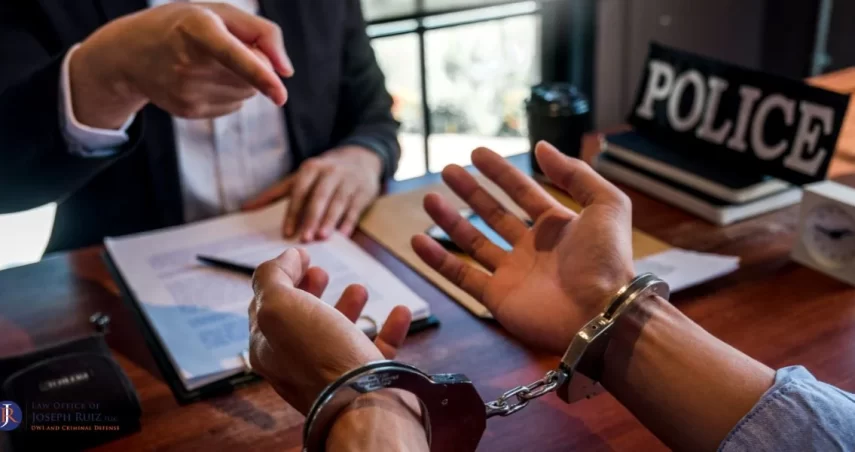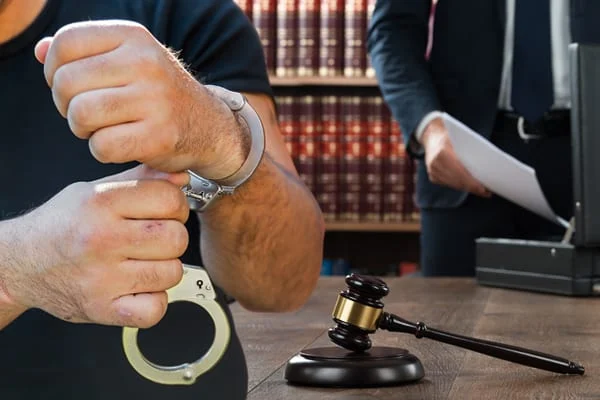
Facing a DUI (Driving Under the Influence) charge is a serious and often overwhelming experience. A conviction can result in significant consequences, including hefty fines, license suspension, mandatory alcohol education programs, community service, increased insurance premiums, and even jail time. One of the most critical decisions you can make following a DUI arrest is hiring an experienced DUI attorney to represent you at your hearing. Legal representation at this stage is not just a luxury—it is a necessity that can significantly impact the outcome of your case.
Understanding the Complexity of DUI Laws
DUI laws are often complex and vary significantly by state. Each jurisdiction has its own legal thresholds, administrative procedures, and penalties for DUI offenses. An experienced DUI attorney is well-versed in these intricacies and understands how to navigate the legal system effectively. They are familiar with courtroom procedures, local judges, and prosecution strategies, which allows them to tailor a defense that is specific to your case and location.
Having a knowledgeable legal professional on your side can also ensure that you do not miss critical deadlines. For example, in many states, you must request a hearing with the Department of Motor Vehicles (DMV) within a certain number of days after your arrest to challenge the suspension of your license. Missing this deadline could mean the automatic suspension of your driving privileges, regardless of the outcome of your criminal case. A DUI attorney ensures all necessary paperwork is filed on time and that your rights are protected throughout the process.
Building a Strong Defense Strategy
A DUI attorney’s role extends far beyond showing up in court. From the moment they are hired, they begin analyzing every aspect of your case. This includes reviewing police reports, examining evidence such as breathalyzer or blood test results, and identifying any procedural errors that may have occurred during your arrest. They will also investigate whether your rights were violated at any point, such as during the traffic stop, field sobriety testing, or the administration of chemical tests.
By identifying weaknesses in the prosecution’s case, a skilled attorney may be able to negotiate a reduction in charges or even a dismissal. In some instances, alternative sentencing options may be pursued, such as enrollment in a diversion program, which can help you avoid a criminal conviction altogether. Without legal representation, you may not be aware of these options or know how to pursue them effectively.
Protecting Your Driving Privileges
One of the most immediate consequences of a DUI arrest is the threat to your driving privileges. Losing the ability to drive can impact your job, family responsibilities, and overall quality of life. A DUI attorney plays a vital role in defending your ability to maintain your license, whether through challenging the suspension at a DMV hearing or negotiating restricted driving privileges that allow you to continue driving under certain conditions.
At the hearing, your attorney can present evidence and arguments that support your case for keeping your license. This might include demonstrating that the arresting officer lacked probable cause, that the breathalyzer was improperly calibrated, or that there were medical conditions that may have influenced test results. Presenting these arguments effectively requires legal skill and experience—something a DUI attorney brings to the table.
Minimizing the Long-Term Impact
 A DUI conviction can follow you for years, affecting not just your driving record but also your employment prospects, professional licenses, and even housing opportunities. With so much at stake, it is crucial to mitigate the long-term consequences as much as possible. A seasoned DUI attorney can help you understand the ramifications of your case and explore strategies to minimize its impact.
A DUI conviction can follow you for years, affecting not just your driving record but also your employment prospects, professional licenses, and even housing opportunities. With so much at stake, it is crucial to mitigate the long-term consequences as much as possible. A seasoned DUI attorney can help you understand the ramifications of your case and explore strategies to minimize its impact.
This might include negotiating a plea to a lesser offense, arguing for reduced sentencing, or seeking expungement of your record once eligibility requirements are met. Without proper representation, you may accept a plea deal or sentence that has more serious consequences than necessary simply because you lack the knowledge or confidence to challenge it.
Providing Support and Peace of Mind
The emotional toll of a DUI charge can be significant. Anxiety, fear, and confusion are common, particularly for first-time offenders. Having a dedicated DUI attorney by your side can offer a sense of control and reassurance during a time of uncertainty. Your attorney not only represents your interests in court but also acts as your advocate, advisor, and supporter throughout the legal process.
They can help you understand what to expect at each stage, answer your questions, and keep you informed about developments in your case. This kind of support can ease your stress and help you make informed decisions that serve your best interests.
 The first step in the expungement process is determining whether a case is eligible. Criminal defense attorneys are well-versed in local laws and can evaluate whether the conviction in question meets the legal requirements for expungement. They look at factors such as the nature of the offense, how much time has passed since the conviction, and whether the individual has met all conditions imposed by the court, including probation and restitution.
The first step in the expungement process is determining whether a case is eligible. Criminal defense attorneys are well-versed in local laws and can evaluate whether the conviction in question meets the legal requirements for expungement. They look at factors such as the nature of the offense, how much time has passed since the conviction, and whether the individual has met all conditions imposed by the court, including probation and restitution.
